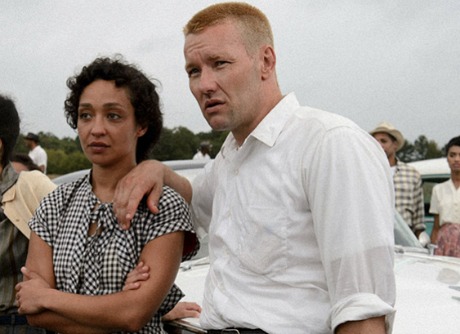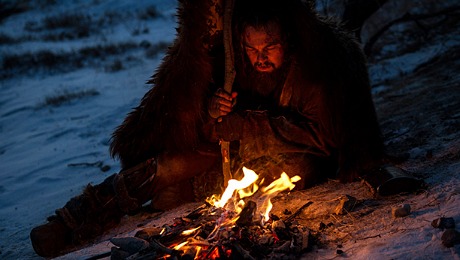Cheers and salutations to The Playlist‘s Jessica Kiang and Oliver Lyttleton for having posted the most comprehensive list of 2016 films that I’ve seen anywhere. I’ve been updating my own 2016 rundown (the most recent re-edit appeared on 12.30) so I’ve isolated 31 of Kiang and Lyttleton’s titles that I’ve previously ignored. Several are intriguing; about half seem minor-ish or less than fully wowser but let’s not pre-judge. I’ve listed them in order of highest HE interest. All synopses written by Kiang/Lyttleton. A reposting of most recent 2016 summary follows:
The Salesman (d: Asghar Farhadi) Cast: Sahahab Hosseini, Taraneh Alidoosti. Synopsis: Two actors perform in Arthur Miller‘s Death Of A Salesman.
The Discovery (d: Charlie McDowell) Cast: Rooney Mara, Nicholas Hoult. Synopsis: A love story set a year after the existence of the afterlife has been scientifically proven.
American Pastoral (d: Ewan MacGregor). Cast: Ewan MacGregor, Dakota Fanning, Jennifer Connelly, Uzo Aduba, Rupert Evans, Molly Parker, David Strathairn. Synopsis: Based on the Pulitzer Prize-winning novel by Philip Roth, this is the story of Seymour “The Swede” Lvov, a successful businessman, former high-school sports star and scion of a Jewish upper-middle New Jersey family, whose life gradually disintegrates in the politically turbulent 1960s.
Loving (d: Jeff Nichols) Cast: Joel Edgerton, Ruth Negga, Michael Shannon, Marton Csokas, Nick Kroll. Synopsis: The true story of Richard and Mildred Loving, an interracial couple sentenced to prison in Virginia in 1958, and then exiled from the state for the crime of getting married, and their nine-year fight to be able to return home as a family.
Salt And Fire (d: Werner Herzog) Cast: Michael Shannon, Gael García Bernal, Werner Herzog, Veronica Ferres. Synopsis: Two men on opposite sides of a clash over an ecological issue in South America must put aside their differences and work together to avoid disaster when a nearby volcano presents eruption signals.
Julieta (d: Pedro Almodóvar). Cast: Emma Suárez, Adriana Ugarte, Inma Cuesta, Rossy de Palma, Nathalie Poza. Synopsis: The life of the titular woman, told between two time periods, 2015 and 1985.
Jackie (d: Pablo Larraín) Cast: Natalie Portman, Greta Gerwig, Peter Sarsgaard, John Hurt, Max Casella. Synopsis: The story of Jackie Kennedy in the first days following the assassination of JFK.
Certain Women (d: Kelly Reichardt) Cast: Laura Dern, Kristen Stewart, Michelle Williams, Lily Gladstone, Jared Harris. Synopsis: The story of the intersecting lives of three women in present-day Montana.
The Neon Demon (d: Nicolas Winding Refn) Cast: Elle Fanning, Jena Malone, Bella Heathcoate, Keanu Reeves, Christina Hendricks. Synopsis: An up-and-coming model in Los Angeles becomes prey for a gang of beauty-obsessed peers who wish to drain her of her vitality and beauty.
20th Century Women (d: Mike Mills) Cast: Elle Fanning, Annette Bening, Greta Gerwig, Billy Crudup, Alia Shawkat. Synopsis: A story of three generations of very different women living in 1970’s Santa Barbara.
Read more





